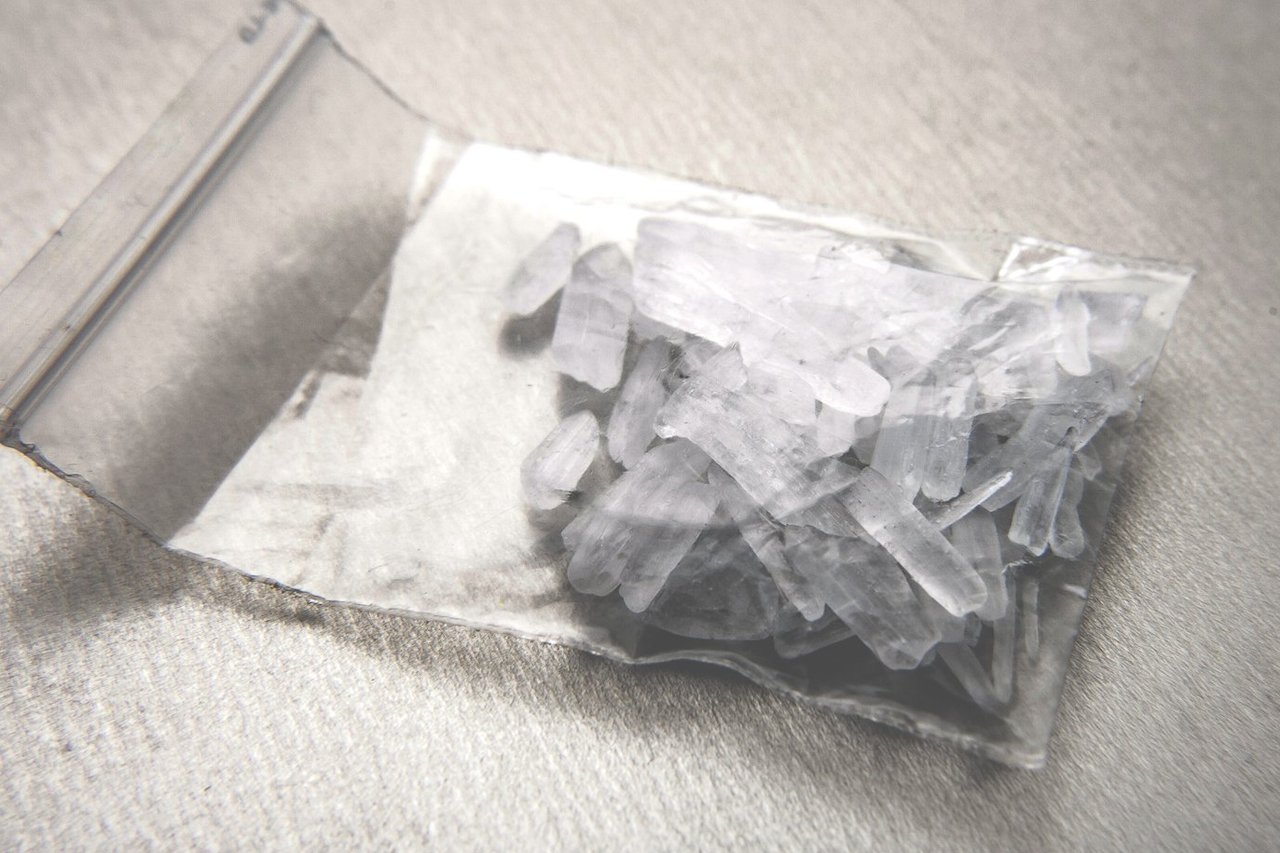A Tasmanian man who built a methylamphetamine business worth up to $118,000 has avoided immediate jail – despite continuing to deal drugs while on bail and selling ice to a 16-year-old boy.
Ian Keith Mollison, 45, ran what a Supreme Court judge described as a “well-known” trafficking operation from his home, selling to up to 10 regular customers and anyone who called seeking drugs.
Over eight months, he potentially moved 118 grams of methylamphetamine, conducting multiple sales daily and generating between $59,000 and $118,000 in revenue, the court heard.
Justice Tamara Jago said Mollison’s persistence in dealing drugs showed “an arrogant disregard for the law” after he resumed trafficking just days after each of three police raids on his home.
“You were not prepared to stop, even after police intervention and your trafficking came to an end only after you were remanded in custody,” Justice Jago said.

The offending began in January 2024 when Mollison started buying methylamphetamine in seven or 14-gram quantities, then on-selling to end users in smaller amounts.
Police first raided his home in May, finding 22.19 grams of ice worth more than $22,000, along with handwritten sales records.
Despite being bailed, Mollison resumed dealing within weeks. A second raid in July uncovered 14.5 grams of methylamphetamine, $3,215 in cash and electronic scales.
He told police he had been selling “every day for the previous six weeks” and made $21,000 in that period alone.
Even after a third raid in August, Mollison continued trafficking, selling ice “five to seven times per day” to pay off debts to his own suppliers.

The court heard Mollison also supplied drugs to a 16-year-old boy he contacted through Facebook Messenger, though Justice Jago accepted the teenager had approached him first and purchased only a small quantity.
Mollison, who turned to drugs after his father’s death, was sentenced to an 18-month drug treatment order with strict conditions including a nightly curfew and random testing.
He must pay $46,235 in penalties and forfeit nearly $5,000 seized by police.
“General deterrence is always an important sentencing consideration. In my assessment, this offending undoubtedly warrants imprisonment,” Justice Jago said.
“The only question is whether it is appropriate that you be given the opportunity to avoid immediately serving it and instead be able to participate in a drug rehabilitation program.”
Family members are “somewhat sceptical”, Jago added, about Mollisons ability to “commit to rehabilitation in the long term”.
“It is in your interests and importantly, the community’s interests, that you address this long-term drug addiction,” she said.







